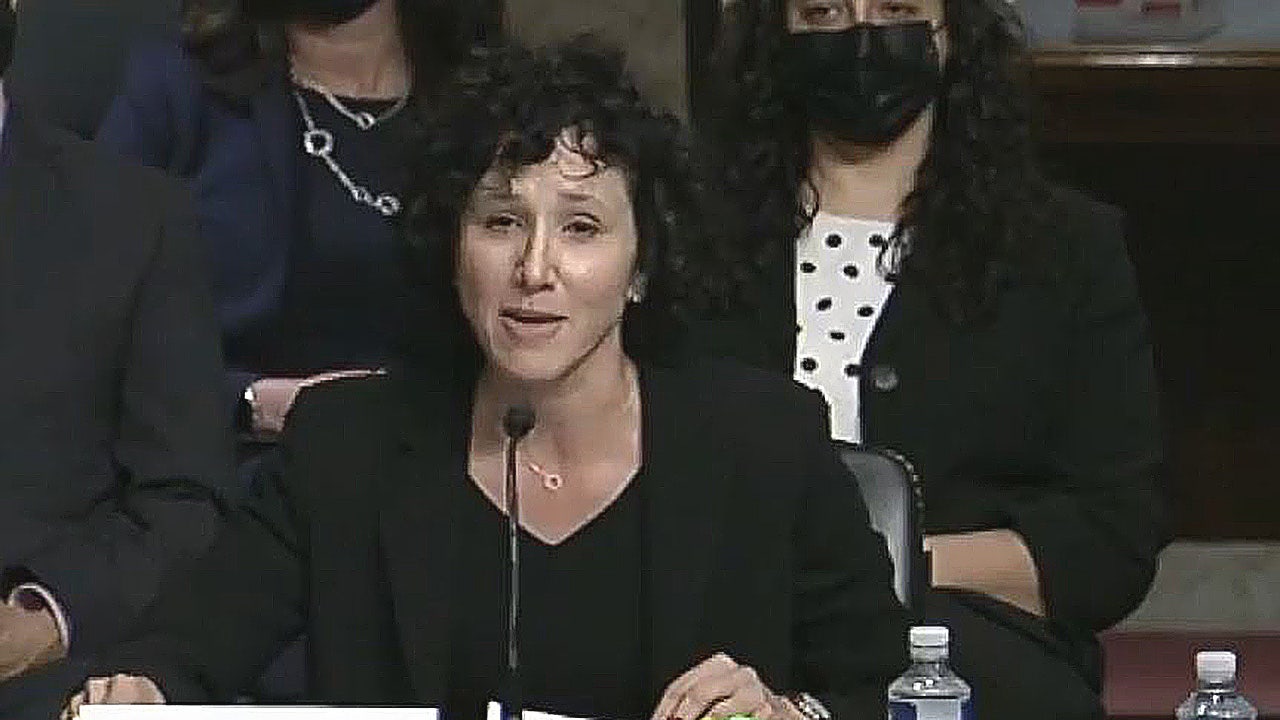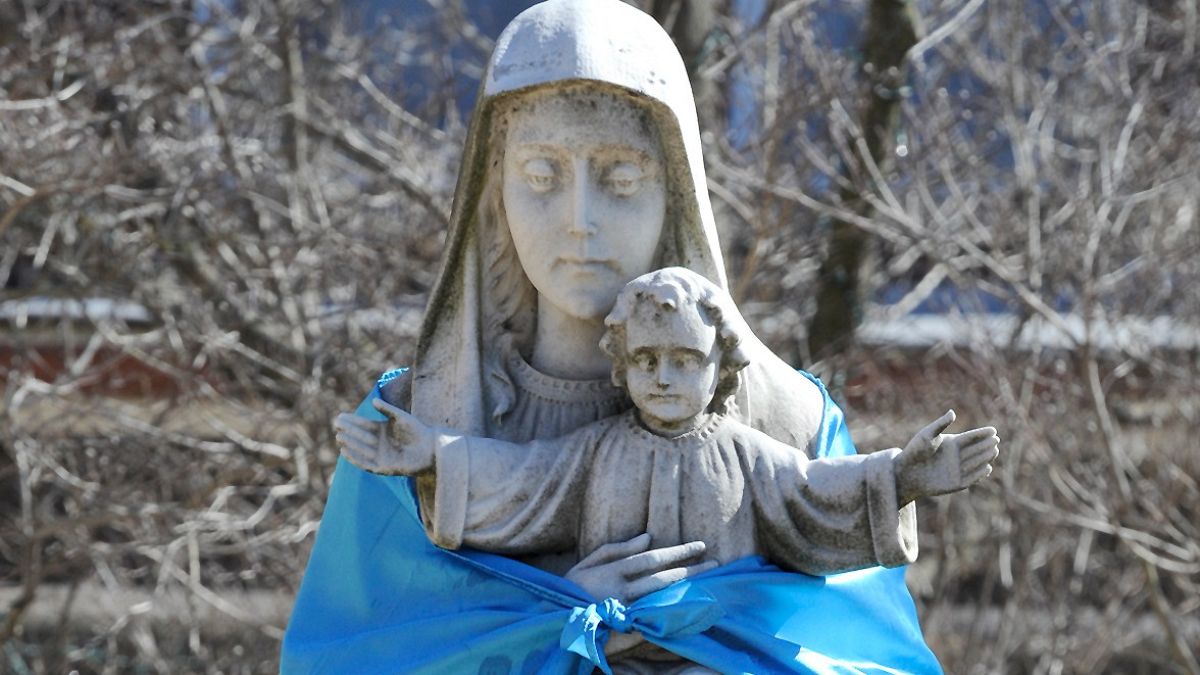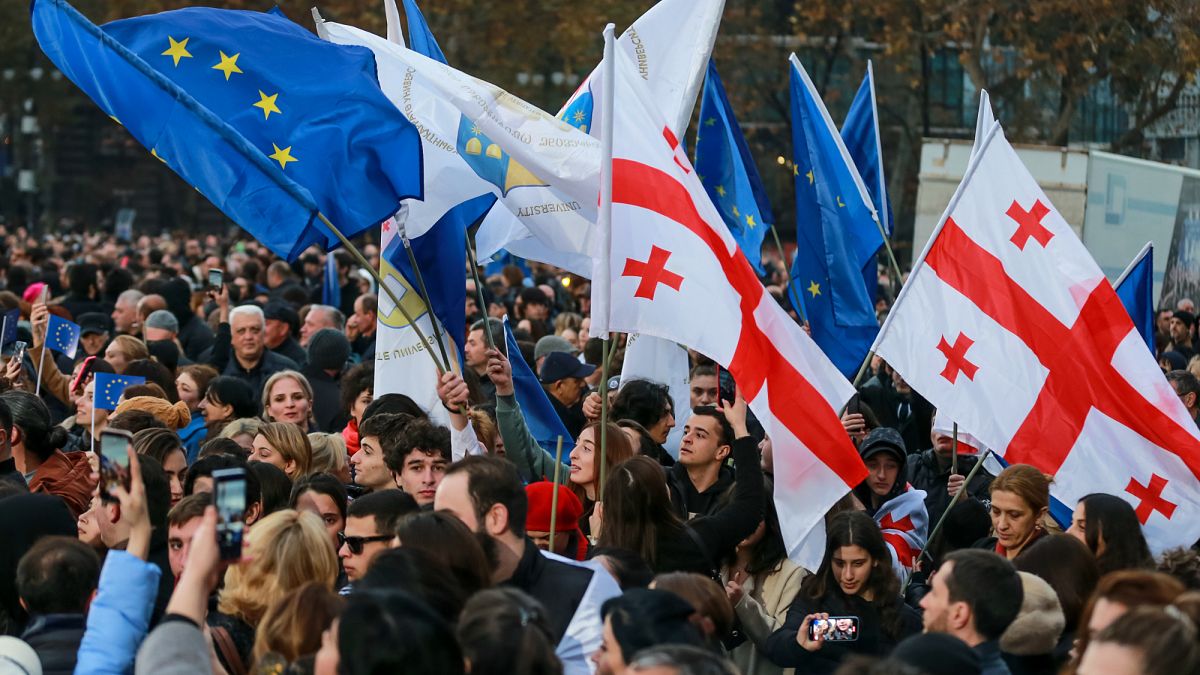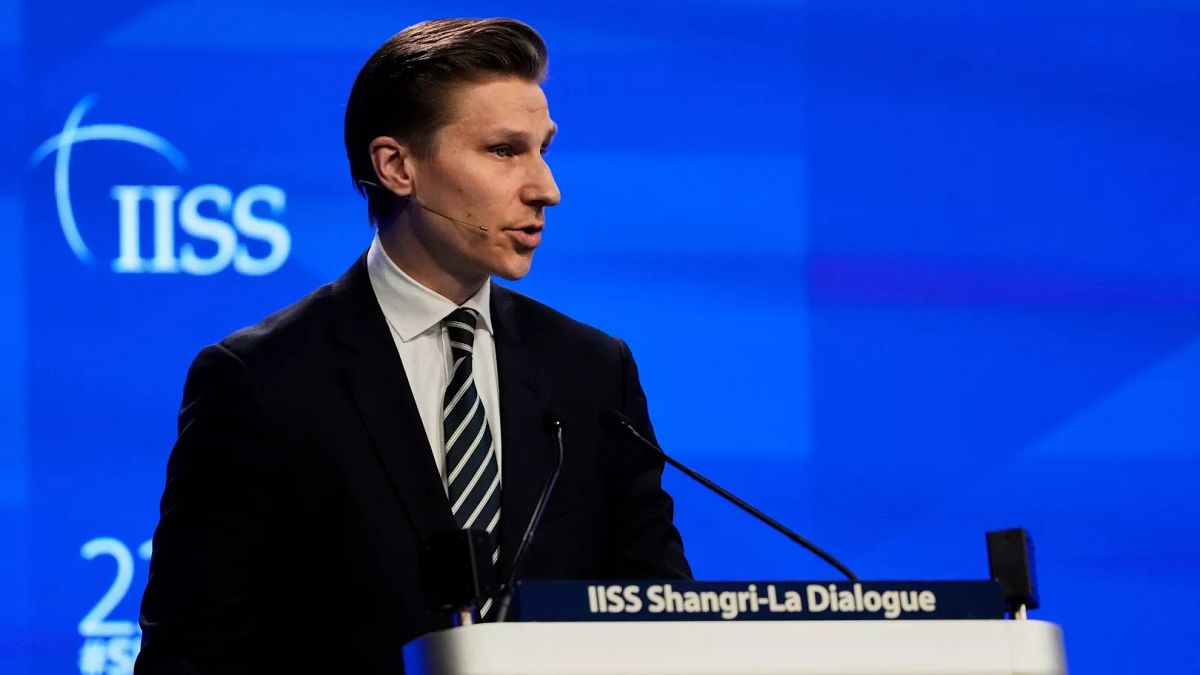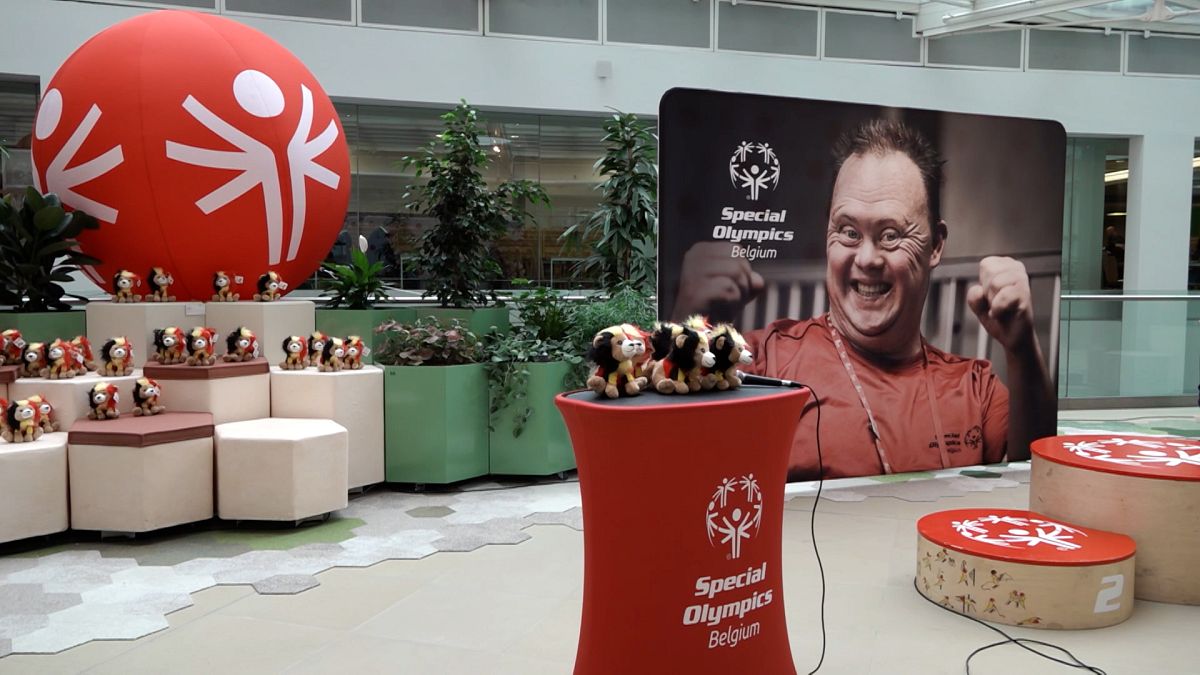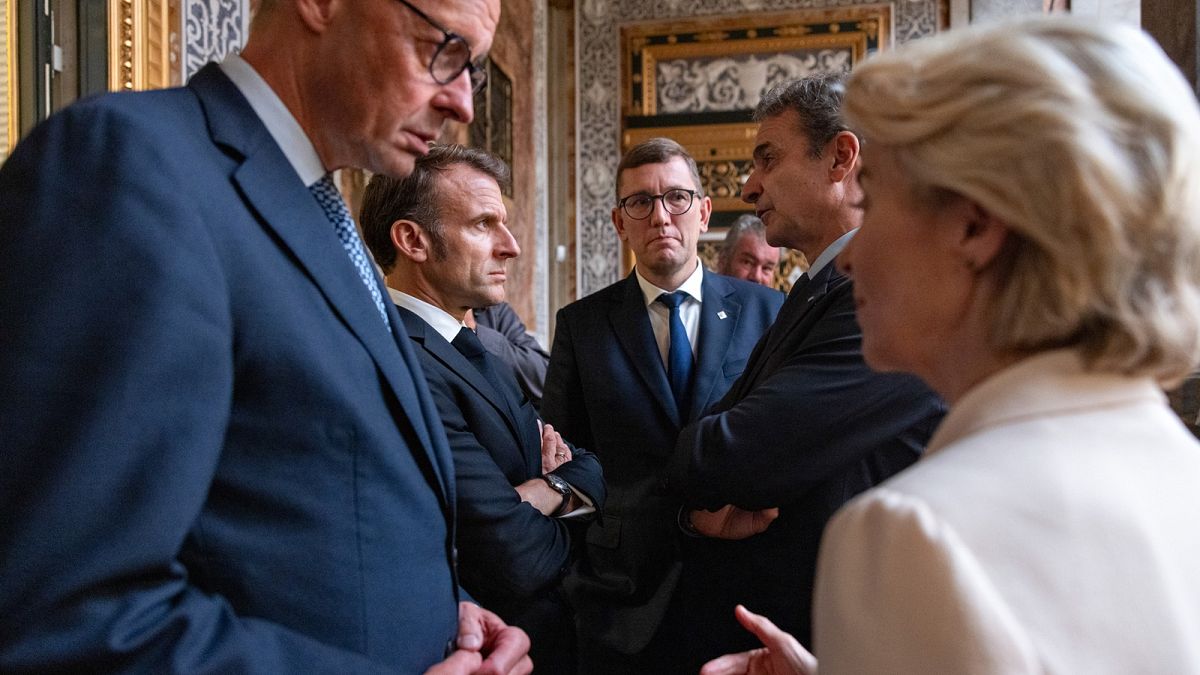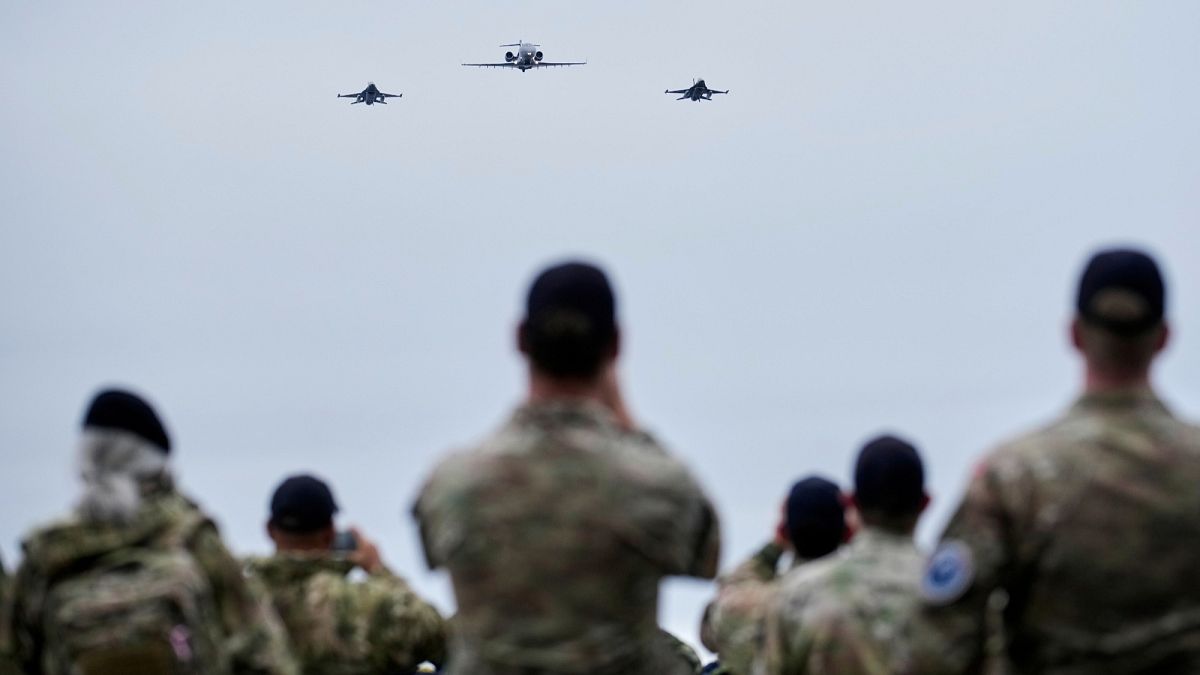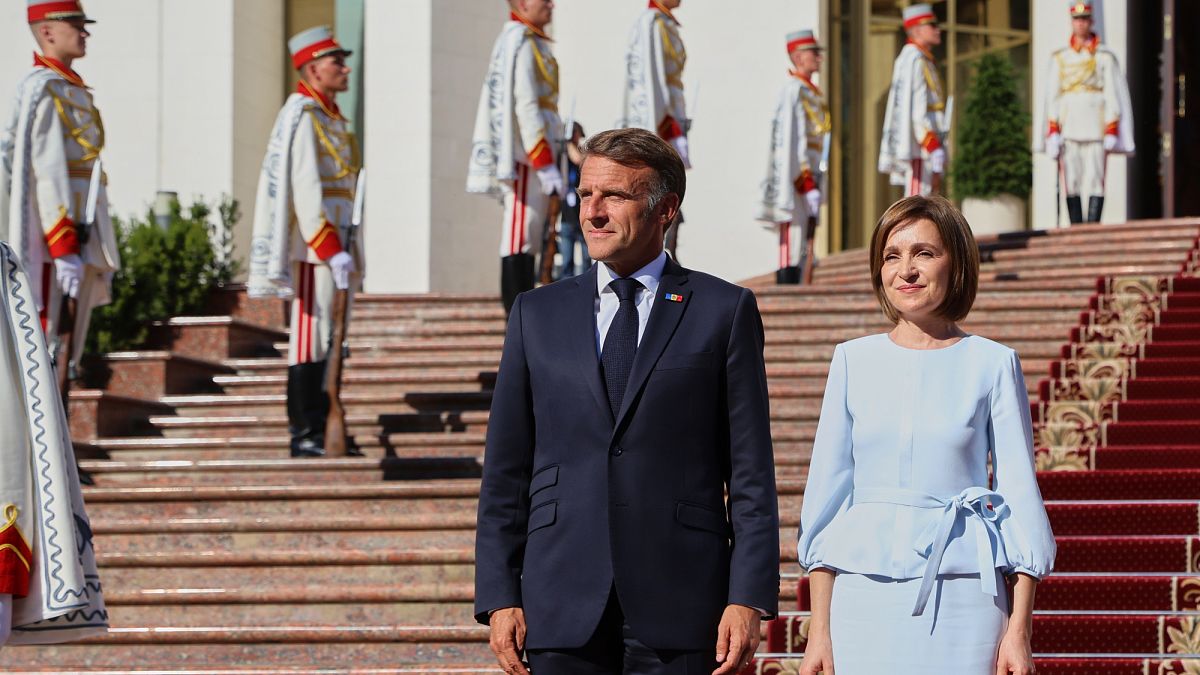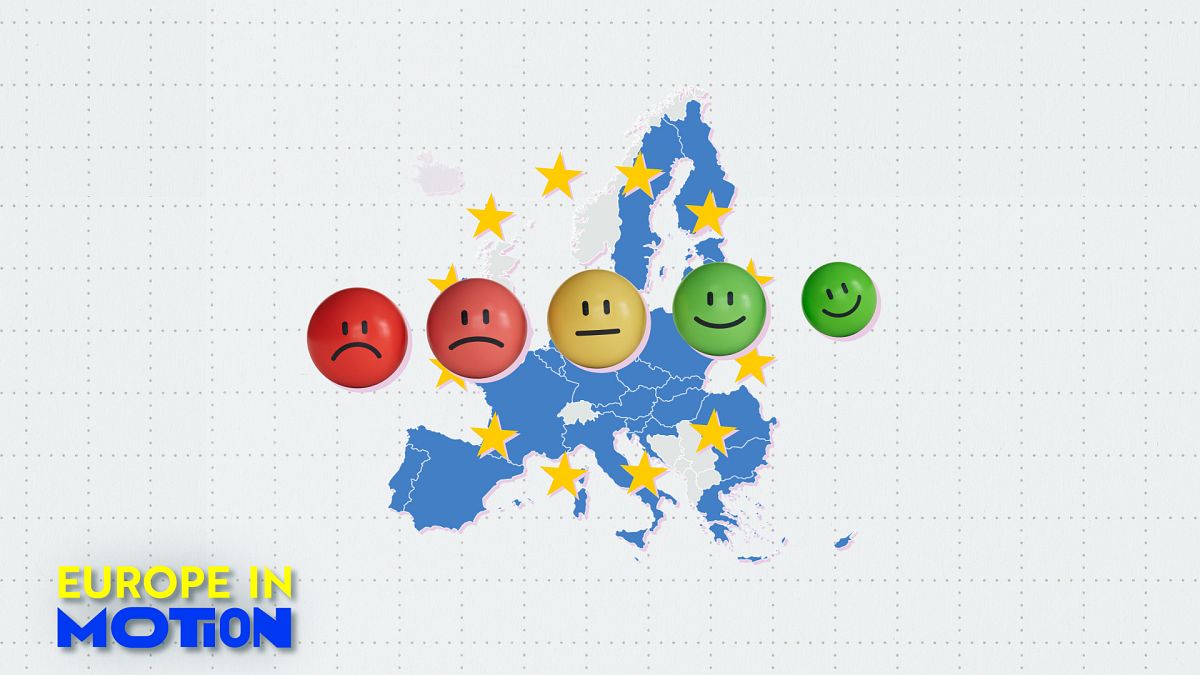ADVERTISEMENT
Puźniki is a former village that has long been relegated to historical maps, and does not exist in the modern day. This nondescript place, now overgrown by a forest, was the site of a historic exhumation helping to heal historical wounds between Poland and Ukraine.
On Saturday, following the completion of the exhumations, a funeral was held for over forty victims, attended by representatives of both the Polish and the Ukrainian sides.
This is the first such commemoration of Polish victims in years.
The funeral ceremony was attended, among others, by the Minister of Culture and National Heritage Marta Cienkowska, the Marshal of the Senate Małgorzata Kidawa-Błońska, the Deputy President of the IPN Dr Karol Polejowski and the families of the victims.
Among the families was 90-year-old Maria Jarzycka-Wróblewska, the oldest witness to the massacre.
The exhumations in Puźniki lasted from 23 April to 10 May. The remains of at least 42 people – women, men and children – were found there.
These were the first such works in decades of tension between Poland and Ukraine. In November 2024, the Ukrainian side lifted the ban on the search for and exhumation of Polish victims of war and conflict on its territory.
In January 2025, the Ukrainian authorities granted permission to carry out exhumations in the former village of Puźniki (Puzhnyky in Ukrainian), where a grave pit was discovered in 2023.
In 1943, the Ukrainian Insurgent Army (UPA), a paramilitary formation collaborating with Nazi Germany, carried out a series of massacres in Volhynia and Eastern Galicia, then occupied by Germany. In total, some 100,000 Polish civilians were killed. Other nationalities were also victims, including Armenians, Jews, Russians, Czechs and Georgians.
Two years later, on the night from the 12th to the 13th of February, members of this paramilitary force killed, according to various historical estimates, between 50 and 120 Poles.
The exhumations as well as today’s funeral may help to reduce long-standing tensions between the two otherwise close allies. Poland officially recognizes the events in Volhynia as genocide, while Ukraine disputes this qualification, viewing it rather as a multilateral conflict in which responsibility lies on both sides.
For the organizers of the exhumations, they were an opportunity to heal the wounds of the past and ease tensions between the former allies. For some, they also meant an opportunity to close a painful chapter in history – both for the families of the victims and for those who lost loved ones in the series of massacres.
“Puźniki no longer exists, it is not on the map, it has been erased from memory. A forest has grown up on the site of this village. What we want to do is to restore the memory of the people who lived there,” the vice-president of the Freedom and Democracy Foundation, which coordinates the commemorations, Maciej Dancewicz, told the Polish Press Agency (PAP).
At a press conference before the funeral, the culture minister stressed that the first exhumations in Ukraine had been completed “thanks to our determination and very good relations with the Ukrainian side”.
She added that “genetic research and the preparation of a report are now underway”.
